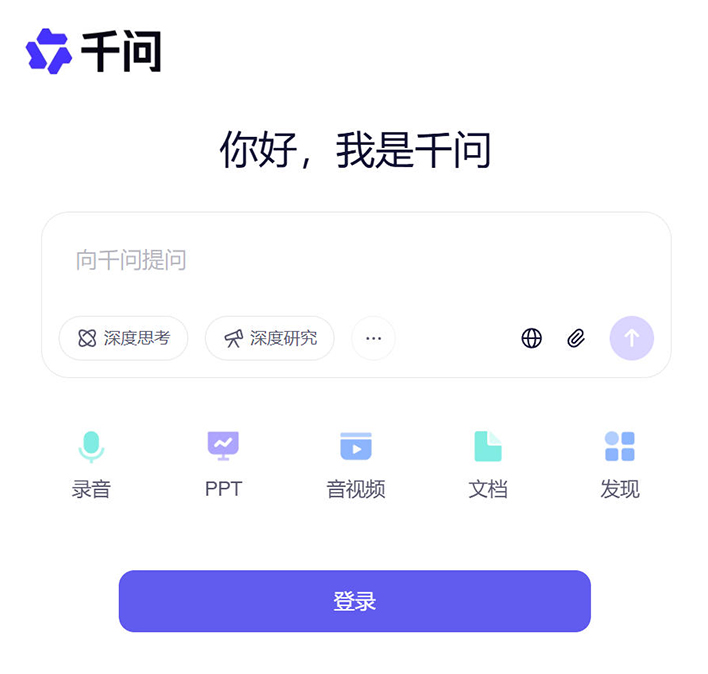The Advantages and Disadvantages of AI in Education
Artificial Intelligence (AI) is revolutionizing various sectors of our society, and education is no exception. AI has the potential to greatly enhance the teaching and learning experience. In this article, we will explore the advantages and disadvantages of AI in education.
Advantages of AI in Education:
1. Personalized Learning:
AI algorithms can analyze vast amounts of student data and create personalized learning paths for individuals. This ensures that every student receives tailored instruction, focusing on their strengths and weaknesses. With AI, educators can provide a more individualized approach, leading to improved learning outcomes.
2. Intelligent Tutoring:
.jpg)
AI-powered tutoring systems can provide real-time feedback and guidance to students. These systems can identify areas where students are struggling and offer targeted help. Students can learn at their own pace, and AI tutors can adapt their teaching methods to accommodate different learning styles. This personalized assistance fosters a more conducive learning environment.
3. Enhanced Administrative Tasks:
AI can streamline administrative tasks such as grading assignments and managing student records. This automation frees up valuable time for teachers, allowing them to focus on delivering high-quality instruction. Additionally, AI can help identify patterns in student performance and behavior, enabling educators to intervene early and provide necessary support.
Disadvantages of AI in Education:
1. Lack of Human Interaction:
One of the major drawbacks of AI in education is the potential lack of human interaction. While AI can provide personalized instruction, it cannot replace the emotional connection and empathy that a human teacher can offer. Human interaction plays a ViTal role in a student’s social and emotional development, which may be compromised in an AI-driven educational environment.
2. Equity and Accessibility:
AI requires technology and internet access, which may not be readily available to all students, especially those from disadvantaged backgrounds. This creates an inequality in accessing AI-based educational resources and may widen the digital divide. It is crucial to ensure equal access to technology to prevent further disparities in education.
3. Ethical Concerns:
AI systems rely on algorithms that can be biased or discriminatory, replicating societal inequalities. If not properly programmed and monitored, AI in education may perpetuate these biases, leading to unfair outcomes for certain individuals or groups. Stricter regulations and ethical considerations are necessary to ensure the responsible use of AI in education.
In conclusion, AI has the potential to revolutionize education by providing personalized learning experiences and improving administrative tasks. However, careful attention must be given to the potential lack of human interaction, issues of equity and accessibility, and ethical concerns. With proper planning and regulation, AI can be effectively integrated into the education system, benefiting students and educators alike.







 津公网安备12011002023007号
津公网安备12011002023007号